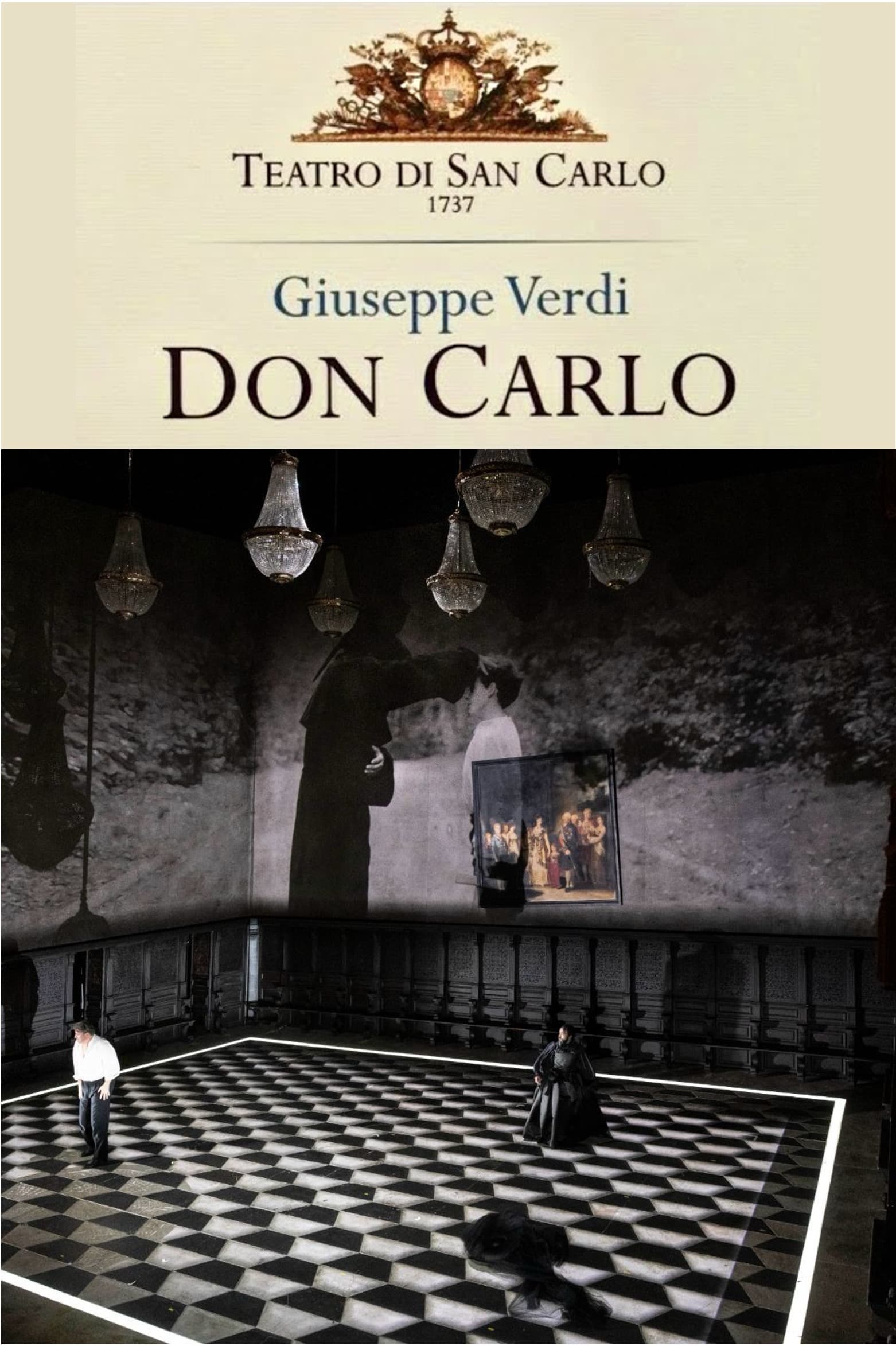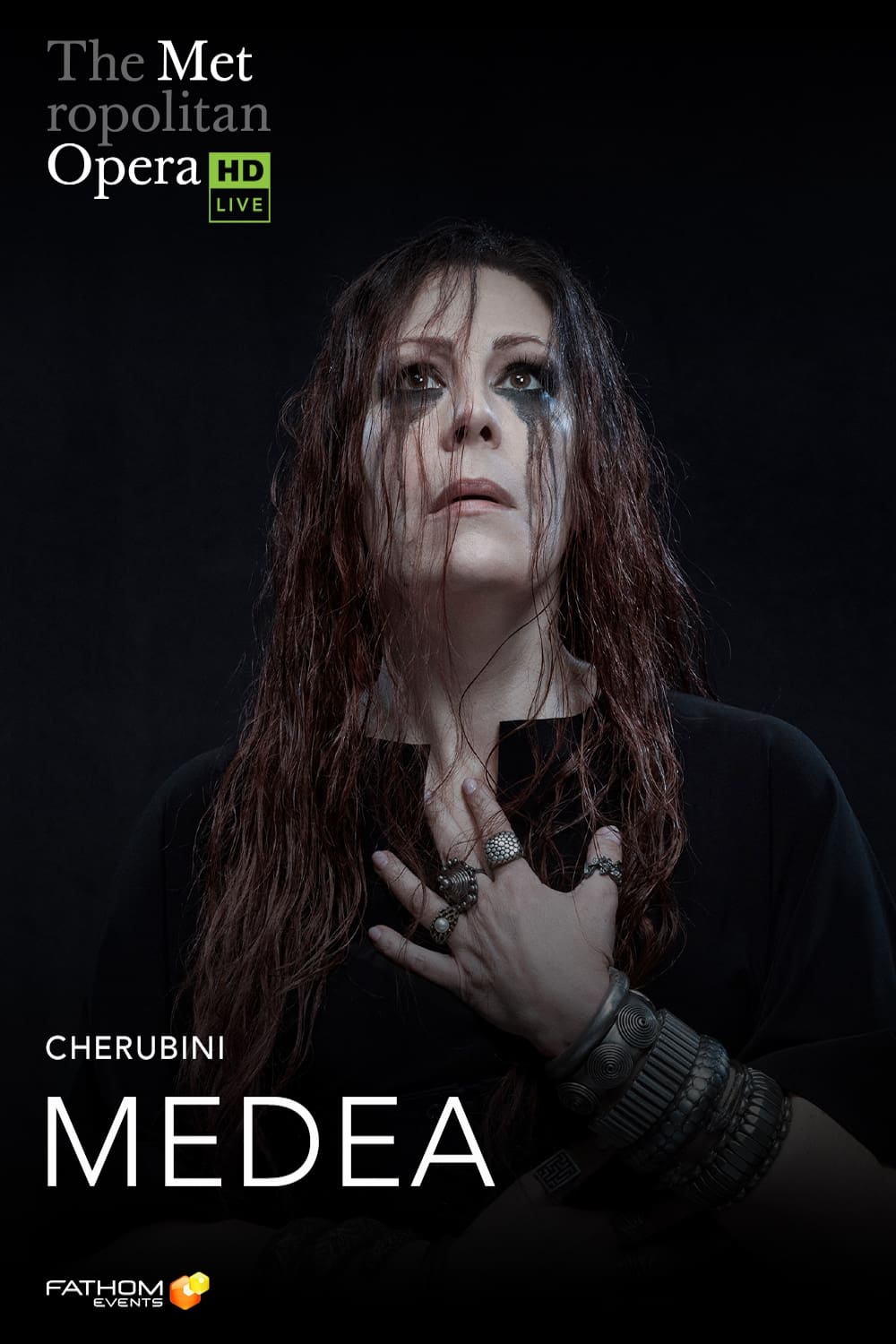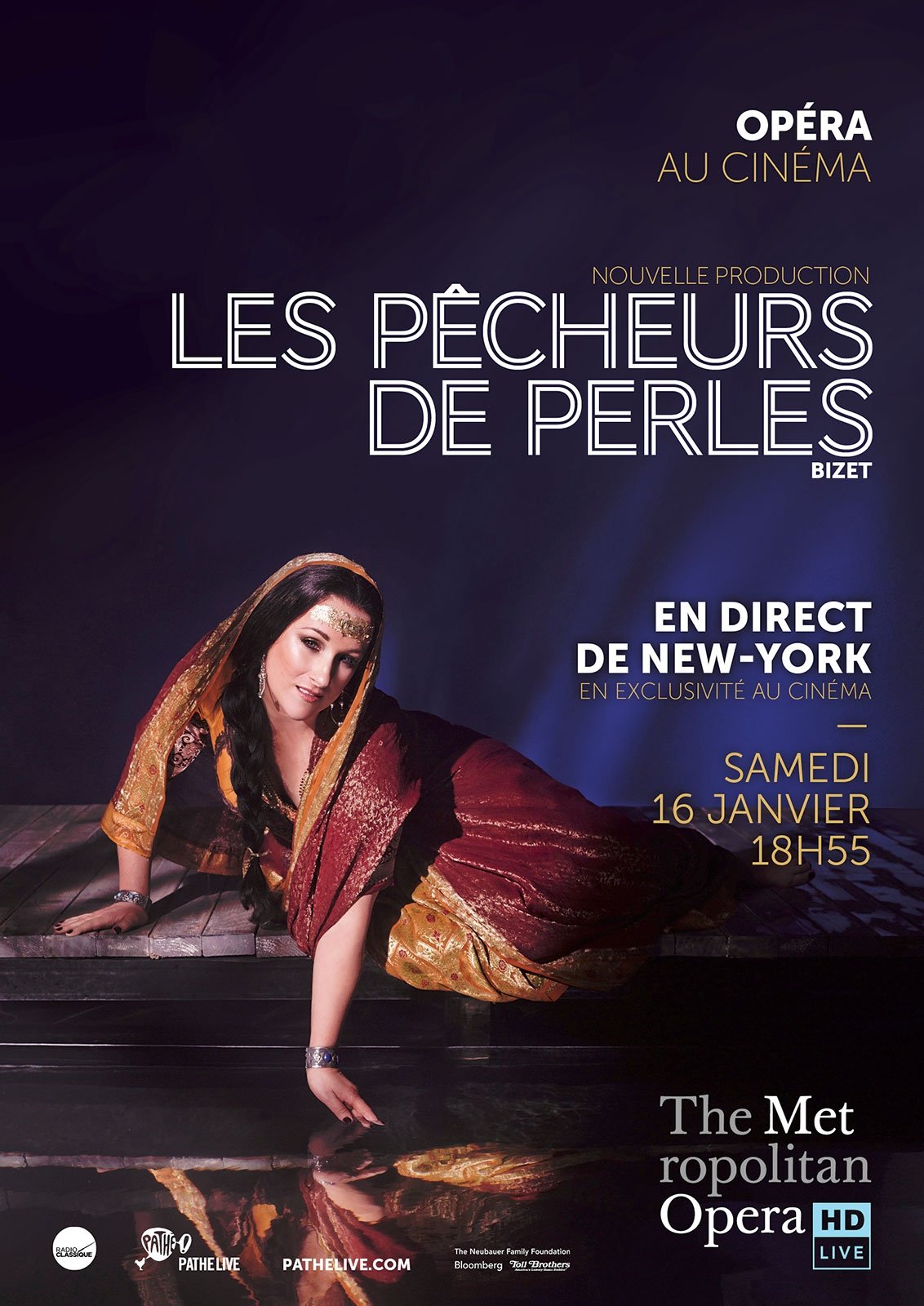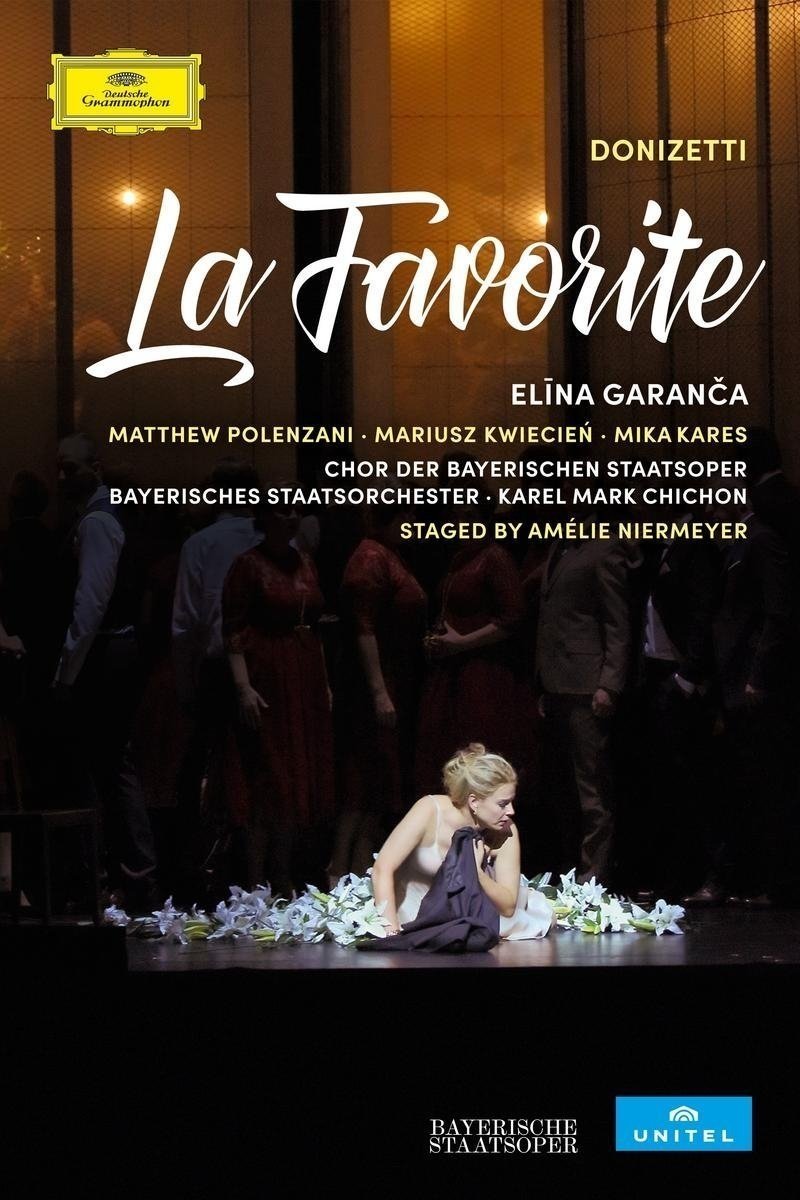

The 2022 Don Carlo at the Teatro di San Carlo, staged by Claus Guth, offers a contemporary, psychologically driven interpretation of Verdi's opera. Set in minimalist, stark environments, the production explores themes of power, betrayal, and inner conflict. The cast features Matthew Polenzani as Don Carlo and Ailyn Pérez as Elisabetta di Valois, both delivering compelling performances. Conducted by Juraj Valčuha, the production combines modern staging with the emotional depth of Verdi's score, providing a fresh perspective on the classic work.

Having triumphed at the Met in some of the repertory’s fiercest soprano roles, Sondra Radvanovsky stars as the mythic sorceress who will stop at nothing in her quest for vengeance. Joining Radvanovsky in the Met-premiere production of Cherubini’s rarely performed masterpiece is tenor Matthew Polenzani as Medea’s Argonaut husband, Giasone; soprano Janai Brugger as her rival for his love, Glauce; bass Michele Pertusi as Glauce’s father, Creonte, the King of Corinth; and mezzo-soprano Ekaterina Gubanova as Medea’s confidante, Neris. Carlo Rizzi conducts.

In its most ambitious effort yet to bring the joy and artistry of opera to audiences everywhere during the Met’s closure, the company presented an unprecedented virtual At-Home Gala, featuring more than 40 leading artists performing in a live stream from their homes all around the world.

Bizet’s rarely heard opera returned to the Met for the first time in a century on New Year’s Eve 2015, in Penny Woolcock’s acclaimed new production. Star soprano Diana Damrau sings Leïla, the virgin priestess at the center of the story. Matthew Polenzani and Mariusz Kwiecien are Nadir and Zurga, rivals for Leïla’s love who have sworn to renounce her to protect their friendship—and who get to sing one of opera’s most celebrated duets, “Au fond du temple saint.” Nicolas Testé is the high priest Nourabad and Gianandrea Noseda conducts Bizet’s supremely romantic score.

Donizetti's French masterpiece was in the hands of Italian conductor Antonello Allemandi. This maestro, a bel canto specialist, captured the fire and intensity of the passions from the get-go, making the overture a superbly eloquent transition to a musical world based on beautiful lines and colors that elaborate distress and make it compellingly elegant. Allemandi demonstrated a full authority over the stage for the musically complex scenes, and in the arias and duets he demonstrated his confidence in the artistry of distraught singers by establishing ample tempos to support their soaring vocal lines while he concentrated on pulling every possible nuance from the pit players.
By browsing this website, you accept our cookies policy.